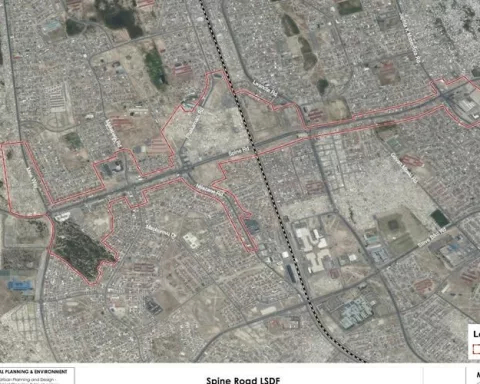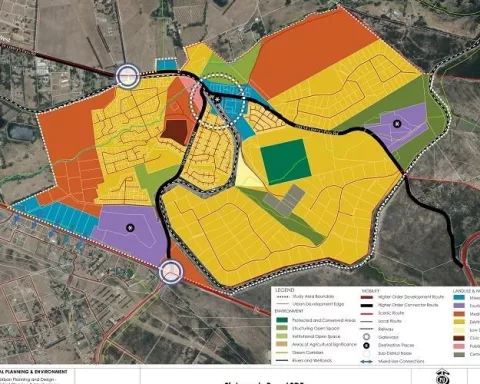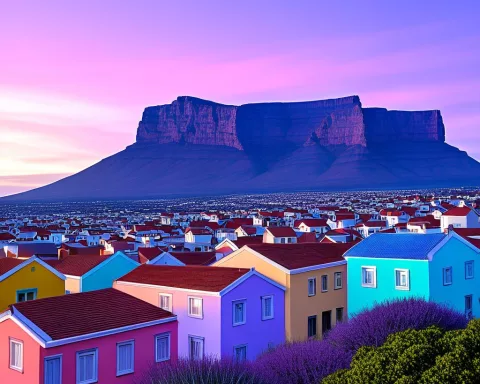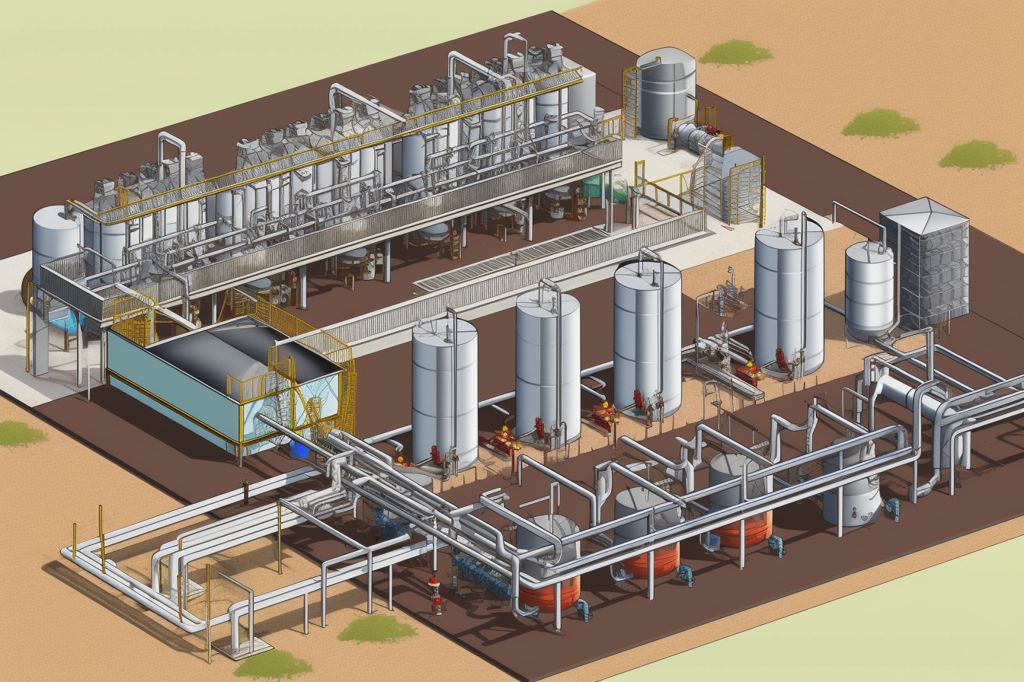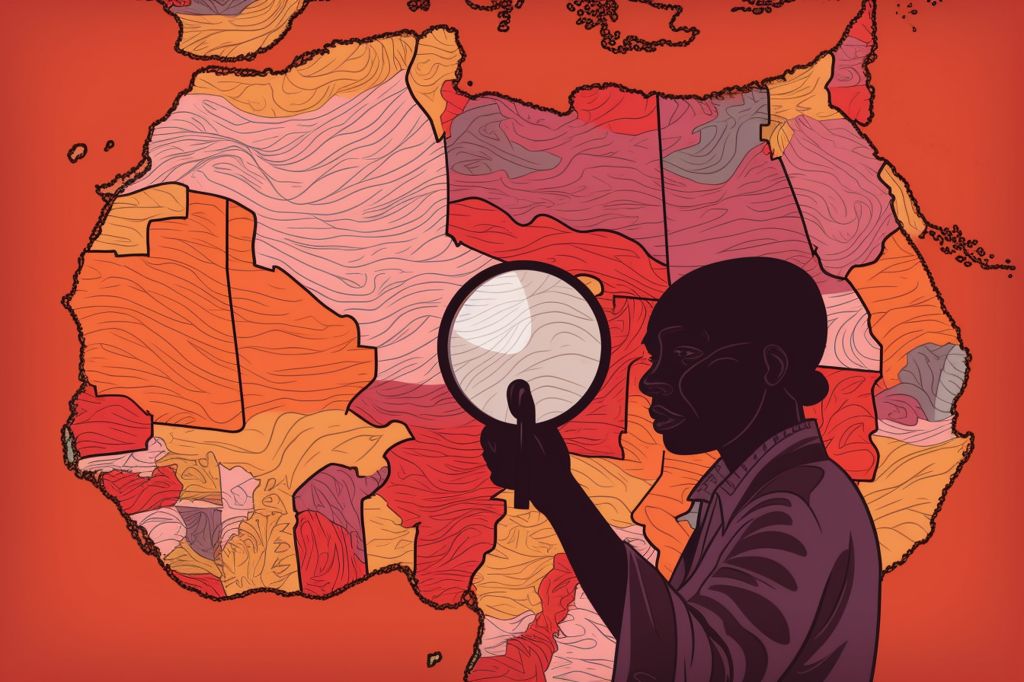A recent event brought together African Ministers and tourism leaders to discuss the opportunities and challenges facing the continent’s tourism sector. Minister Patricia De Lille of South Africa delivered an impassioned speech highlighting the potential of tourism as a catalyst for change and inclusive growth in Africa.
Unlocking the Potential of African Tourism
Minister De Lille emphasized the rich and diverse offerings of the African continent, recognized by the African Union’s Agenda 2063 as a critical driver of economic growth and job creation. Despite COVID-19 setbacks, Africa has recovered 65% of its pre-pandemic visitors and contributed US$1.6 trillion in 2022. To surpass pre-2019 predictions, collective dialogue is crucial for steering the right path for African tourism.
Collaborative Recovery and Sustainable Growth
South Africa’s Tourism Sector Recovery Plan, developed in collaboration with the sector, government, and society, showcases a collaborative and open approach. This aligns with the objectives and benefits of the African Continental Free Trade Agreement, creating a predictable investment environment. South Africa saw a 78.5% recovery of tourist arrivals in March 2023 and a 102% increase in visitors from the rest of Africa in Q1 2023.
Embracing Partnerships for Accelerated Growth
The BRICS countries have emerged as the largest trading partners and investors in Africa, surpassing the G7 contributions to global GDP. South Africa will host the 14th BRICS Summit in August 2023, focusing on partnership for accelerated growth, sustainable development, and inclusive multilateralism.
Building a Sustainable and Innovative Future
The African Dialogue on Tourism encourages a spirit of unity and shared responsibility among stakeholders to ensure the sustainable growth of the tourism sector. Capacity building, knowledge sharing, and innovation can overcome challenges posed by limited infrastructure, political instability, and environmental concerns. Digital transformation can enhance the tourism experience, while a regional approach can promote Africa’s unique cultural heritage and natural attractions.
By addressing challenges collectively, the African Dialogue on Tourism can contribute to practical solutions that benefit not just the tourism sector, but also the broader African economy and its people. The time is ripe for Africa to come together and harness the full potential of its tourism assets, paving the way for a more prosperous and vibrant future.


